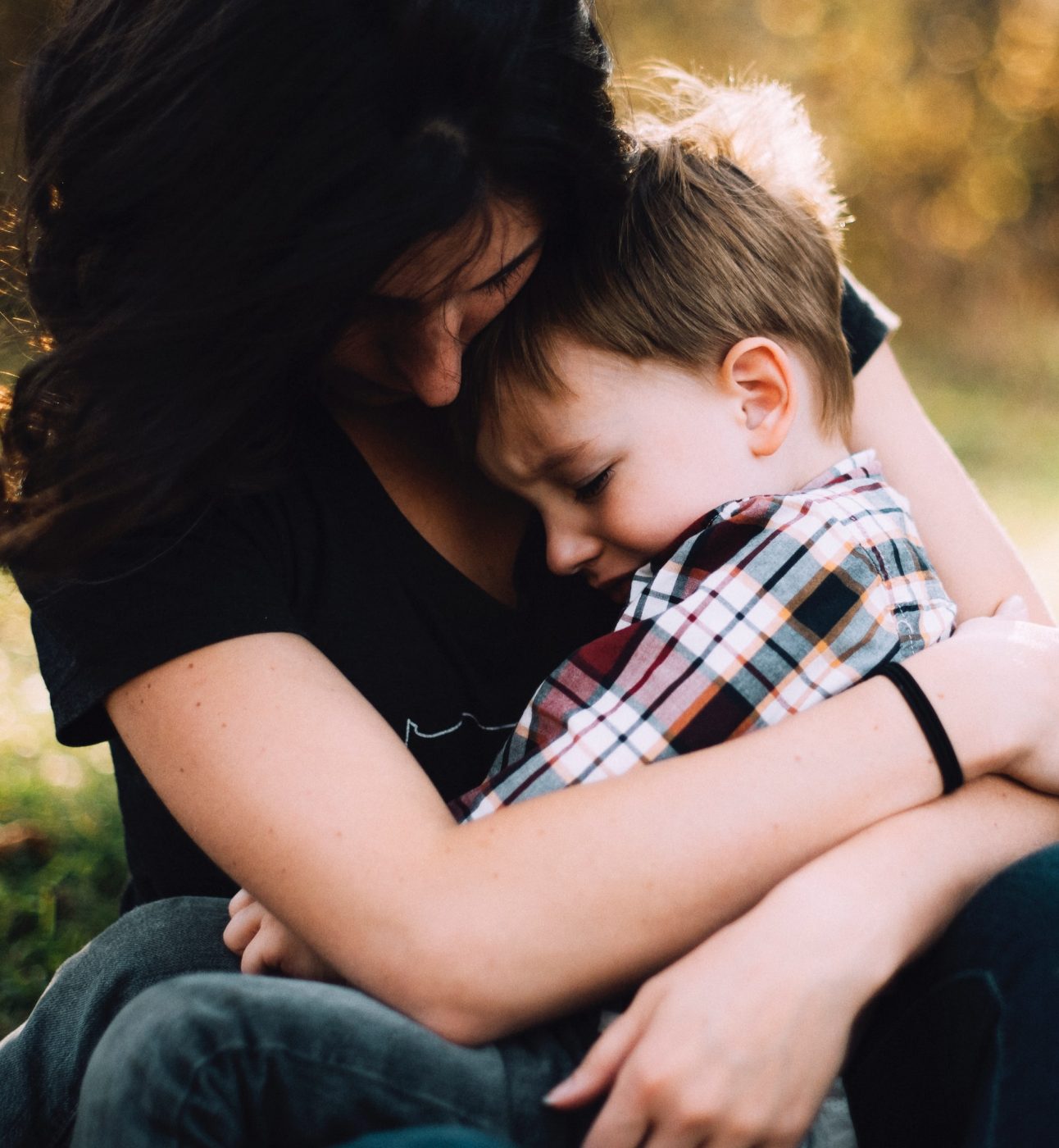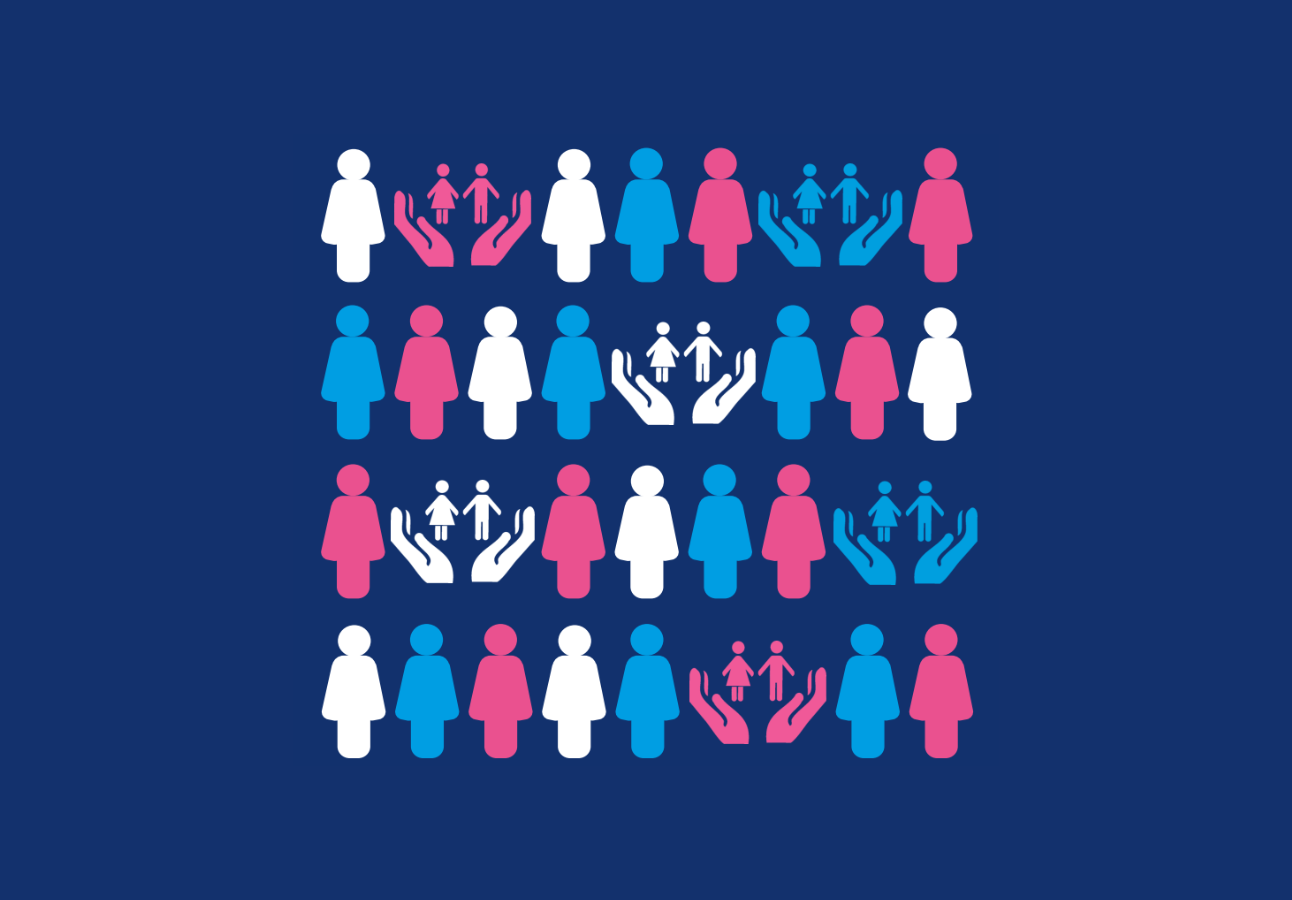
Change programme for Children’s Social Care
Emma Robinson, SafeLives’ trainer, describes the development of an exciting new culture change training approach to up skilling Children’s Social Care in responding to families experiencing domestic abuse
Ofsted’s most recent annual report highlighted domestic abuse as “the most common factor in the lives of children who need social care services”, and the need for “more emphasis on tackling perpetrators and understanding what works to stop abusive behaviour.”
However, there is often an apparent gap in skills, confidence and understanding amongst frontline professionals. Practice decisions lack an understanding of the dynamics of abuse, and often blame is placed on the victim of domestic abuse. Professionals can become frustrated at the lack of meaningful engagement with victims of domestic abuse and they can be manipulated by tactics employed by perpetrators.
One recent analysis of Domestic Homicide Reviews recommended specialist training and meaningful changes in attitudes and practice for Children’s Services. The Home Office also produced a summary of Domestic Homicide Reviews. Of the 33 intimate partner homicides considered as part of the analysis, just under half (15 cases) included dependent children in the family structure. In the majority of these cases, the victim and the perpetrator were the parents of the children (11 cases). Children had witnessed or were affected by abuse, violence or a homicide in 12 of the 15 DHRs involving dependent children.
The 2017 Joint Targeted Area Inspection (JTAI) report on The Multi-Agency Response to Children Living with Domestic Abuse highlighted that most work with families is a reaction to individual crisis, with agencies being overwhelmed by the frequency of serious high-risk incidents, however actions designed to keep children safe over time and long-term solutions are lacking. There was a common theme that agencies followed an “incident-led” response with a short term focused on the immediate incident not looking at the whole picture for the children or family. There was also a focus primarily on the victim; both on keeping them safe as well as looking to them to manage the abuse.
The report found that lead agencies such as Children’s Social Care “are not always looking at the right things and in particular, not focusing enough on the perpetrator of abuse.” In addition, the report stated that professionals sometimes failed to connect isolated incidents to build a picture which would enable them to make a full assessment of the level of risk and stated that “professionals must understand the history of the abuse and the trajectory of its seriousness.”
The JTAI also raised concerns that professionals did not always recognise that separation could escalate risk and there was a misconception that abuse ends when the relationship ends. Further learning from the inspections was that the wider implications of living with abuse was not understood, for example when neglect was a feature. The JTAI further highlighted the importance of accurately determining when coercive control is a factor to identify what support works.
Just as we found through our work at SafeLives the JTAI concluded that the question still being asked is “why doesn’t she leave?” rather than “why doesn’t he stop”. This leads to a built-in assumption that the victim should leave the abuser. Despite this being highly dangerous and disruptive for children.
Domestic Abuse Whole Picture Training
As part of the Governments Transforming the Response to Domestic Abuse Consultation Response and Draft Bill published in Jan 2019, SafeLives is developing and piloting a culture change programme for Children’s Social Care teams. Domestic Abuse Whole Picture is more than just a training programme, it is designed to change the culture of entire teams from the strategic leads to frontline workers and safeguarding call handlers.
The Programme is split into the following 5 elements:
- Health Check: A critical friend approach to ensure that the service can support and therefore maintain the cultural, attitudinal and behavioural change achieved by the training.
- Local Train the Trainer sessions: Training local trainers to ensure sustainability of the programme and provide local input to the training sessions
- Frontline Training sessions: Designed to increase empathy and decrease victim blaming around domestic abuse, it provides social workers with the best knowledge and tools to support families experiencing domestic abuse.
- Champions Training Sessions: Creating a network of ‘Champions’; Social Care colleagues with extra skills and training who have a mandate to support and sustain their peers beyond training. They ensure that the skills, behaviour and attitudes are being adopted by checking service delivery, giving feedback, challenging inappropriate language and behaviour, and congratulating great practice.
- Sustaining the Change Workshop: An opportunity for senior leaders to engage with the training programme. This workshop is bespoke to each area and is designed to facilitate leaders in planning how they will sustain the changes made. It also includes a presentation of the findings from the health check and feedback from the responders and Champions about the challenges they face.
The training sessions were developed with support from our Pioneers who have lived experience of domestic abuse, ensuring that we’re led by the voice of survivors. We were also supported by trainers with experience of working in Social Care, so we could ensure the content is accessible and meaningful to the realities of practice. We are hugely excited to be bringing this training to West Sussex, Norfolk and Suffolk as part of this pilot, and look forward to sharing the feedback from those areas.
About Emma
Emma Robinson is a trainer for SafeLives and leads on our Responding to Young People Affected by Domestic Abuse (YPVA) foundation and expert courses, and our Outreach foundation and expert courses. Emma has previously worked as an Idva and Service Manager for Women’s Aid.
You may be interested in


Foundation: Responding to young people affected by domestic abuse (YPVA)

